Results
-
£29.95
The Shining Star (Brass Band - Score and Parts) - Graham, Peter
A scintillating Christmas march from the pen of Peter Graham, featuring the carol, 'O come all ye faithful', with occasional references to 'God rest ye merry, gentlemen'.
Estimated dispatch 7-14 working days
-
£14.95
The Shining Star (Brass Band - Score only) - Graham, Peter
A scintillating Christmas march from the pen of Peter Graham, featuring the carol, 'O come all ye faithful', with occasional references to 'God rest ye merry, gentlemen'.
Estimated dispatch 7-14 working days
-
 £57.50
£57.50In the Bleak Mid-Winter (Brass Band - Score and Parts) - Holst, Gustav - Sparke, Philip
Christina Rossetti wrote the words to this famous Christmas carol in 1872 in response to a request from the magazine Scribner's Monthly for a Christmas poem. They were set to music by Gustav Holst (1874-1934) for inclusion in the first edition (1906) of The English Hymnal, edited by his life-long friend, Ralph Vaughan Williams. Philip Sparke has carefully arranged the beautiful melody into this delightful version for brass band. A must for any Christmas concert.Duration: 3:30
Estimated dispatch 7-14 working days
-
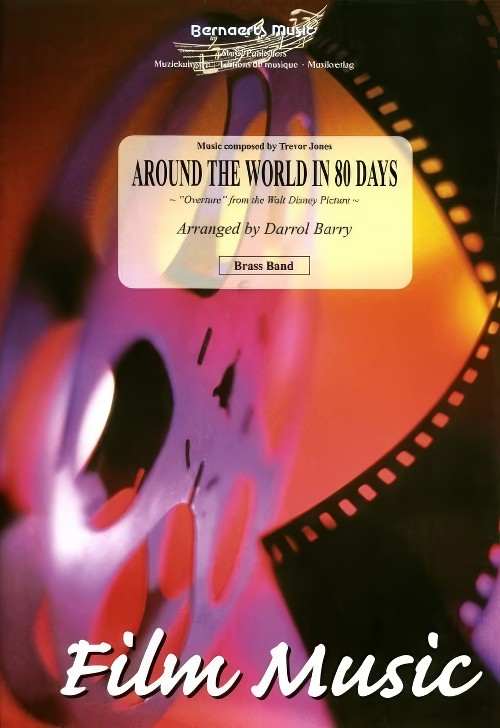 £54.99
£54.99Around the World in 80 Days (Brass Band - Score and Parts) - Jones, Trevor - Barry, Darrol
Overture from the Walt Disney picture Around The World In 80 Days. Duration: 3.45
Estimated dispatch 7-14 working days
-
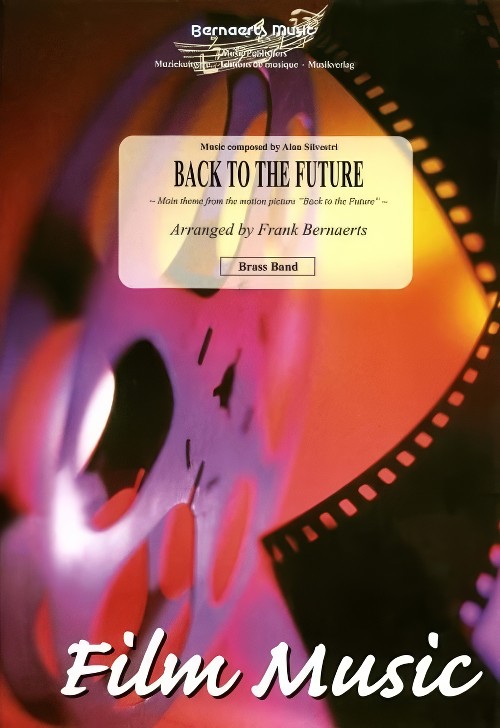 £55.99
£55.99Back to the Future (Brass Band - Score and Parts) - Silvestri, Alan - Bernaerts, Frank
Main theme from the motion picture Back To The Future. Duration: 5.00
Estimated dispatch 7-14 working days
-
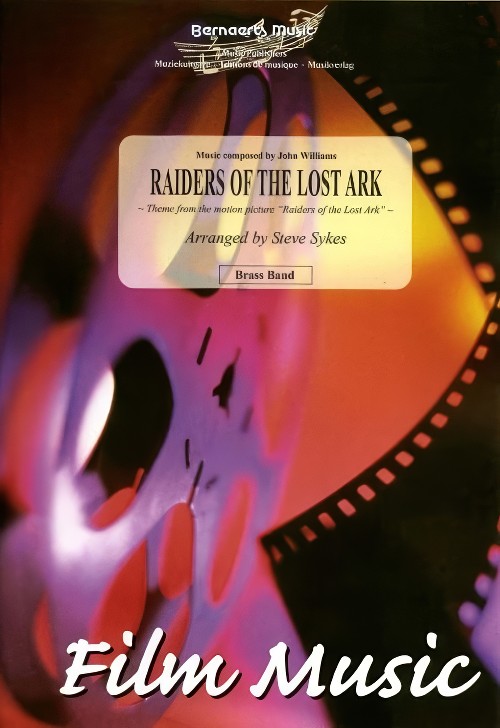 £57.99
£57.99Raiders of the Lost Ark (Brass Band - Score and Parts) - Williams, John - Sykes, Steve
Theme from the motion picture "Raiders of the Lost Ark".Duration 06:00
Estimated dispatch 7-14 working days
-
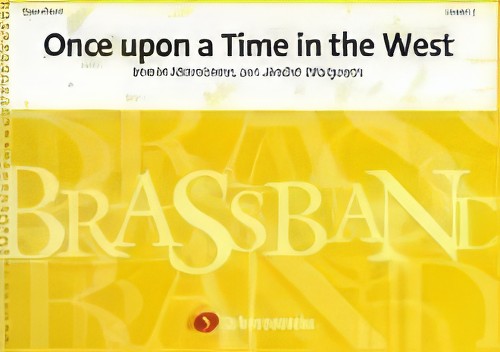 £54.99
£54.99Once Upon a Time in the West (Brass Band - Score and Parts) - Morricone, Ennio - Waignein, Andre
The Italian composer Ennio Morricone is now established as one if the masters in the art of music for films. This excellent arrangement from the film of the same name will be an undoubtedly success at your next concert.Duration: 4:15
Estimated dispatch 7-14 working days
-
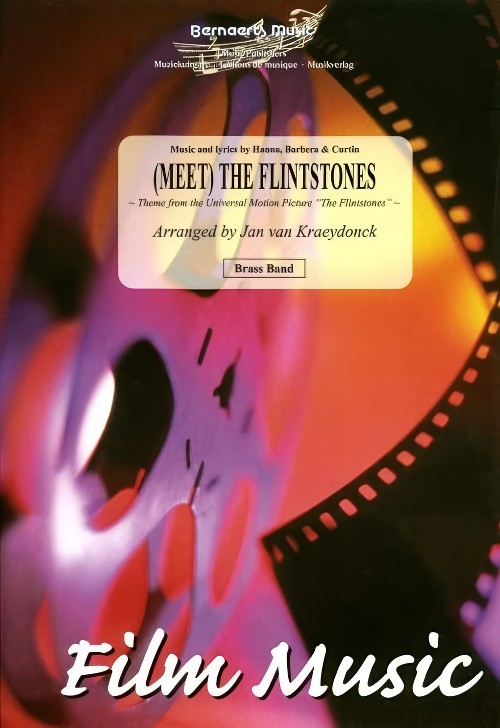 £53.99
£53.99(Meet) The Flintstones (Brass Band - Score and Parts) - Kraeydonck, Jan van
Theme From The Universal Motion Picture The Flintstones. Duration: 2.30
Estimated dispatch 7-14 working days
-
 £26.50
£26.50Die Felsenmuhle (The Mill on the Cliff) (Brass Band) - Reissiger, Carl Gottlieb - Rimmer, Drake
Overture from the Opera
Estimated dispatch 7-14 working days
-
£59.99
Entry of the Celts (Brass Band - Score and Parts)
Entry of the Celts is a delightful light concert opener. As its title implies, this work features Celtic-inspired music. All the instruments in the band are given the opportunity to display their most beautiful sound colours: from the bass section to the cornets, via the tenor horns, euphoniums/baritones and trombones. Each section plays a solo passage, accompanied by percussion instruments. The solo for soprano cornet leads to a sparkling and impressive finale. A wonderful Celtic work that will enchant and delight your audiences. 04:20
Estimated dispatch 7-14 working days
